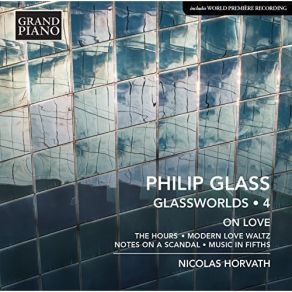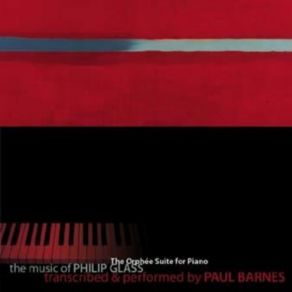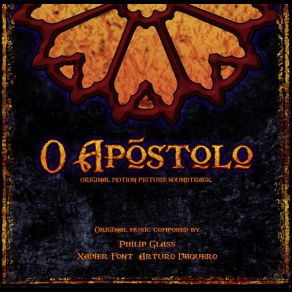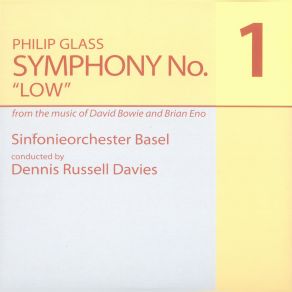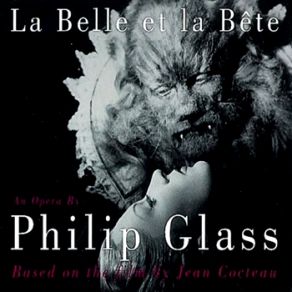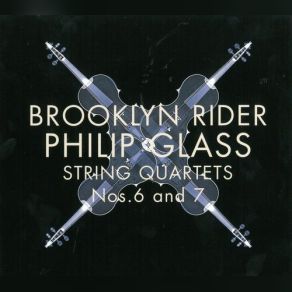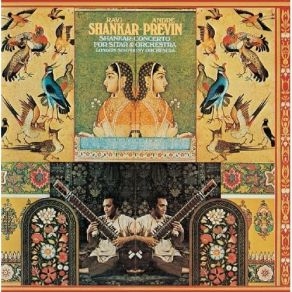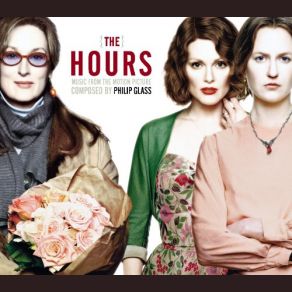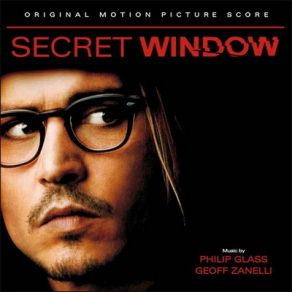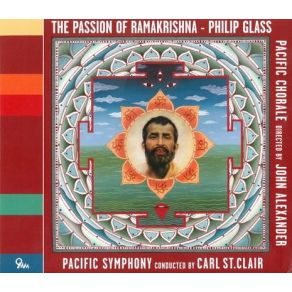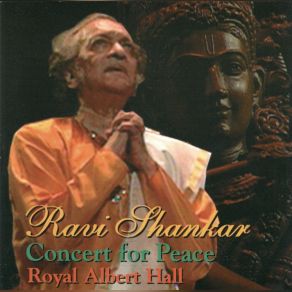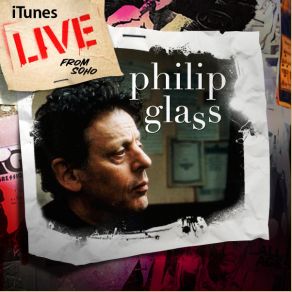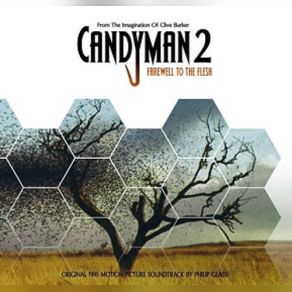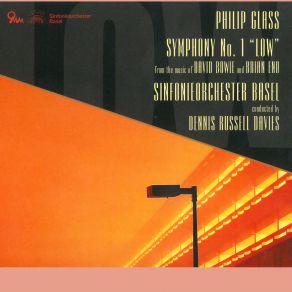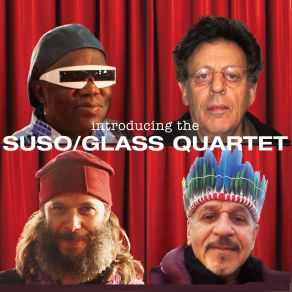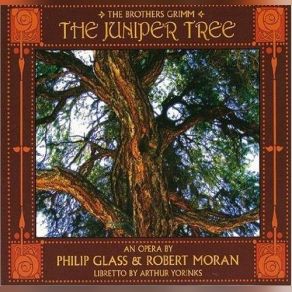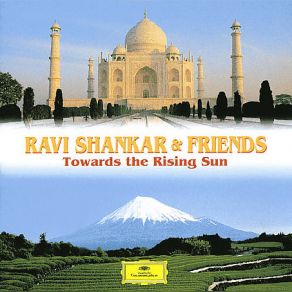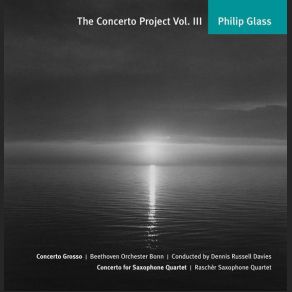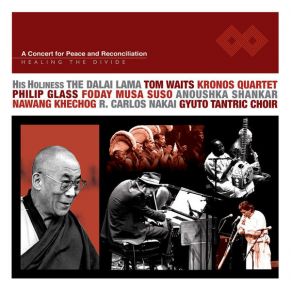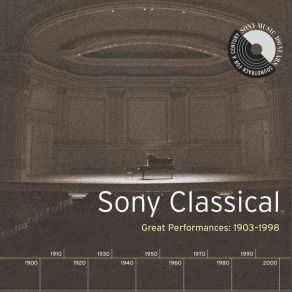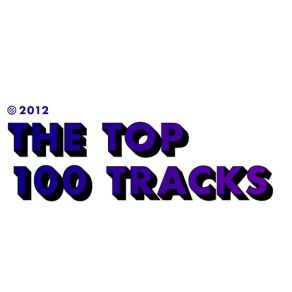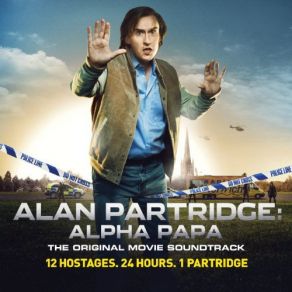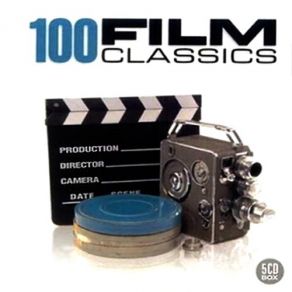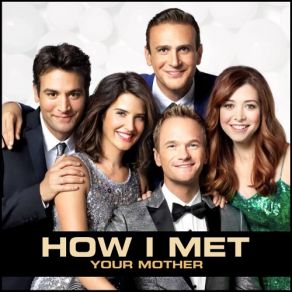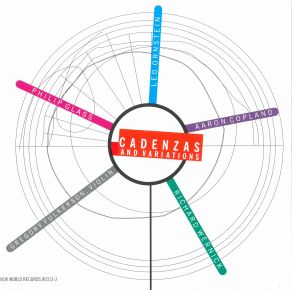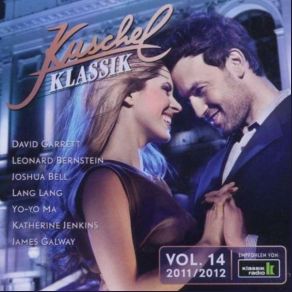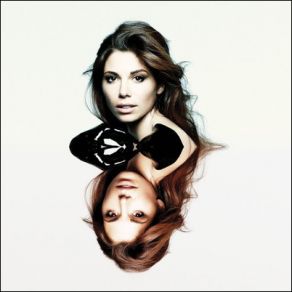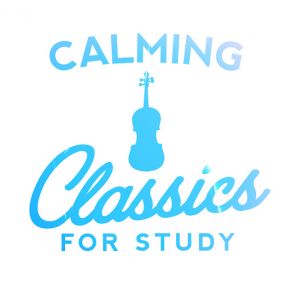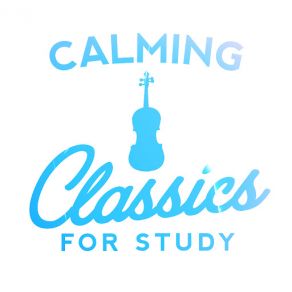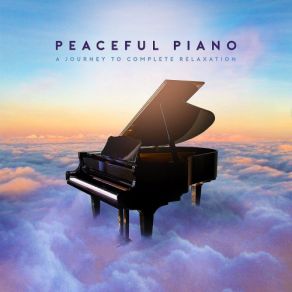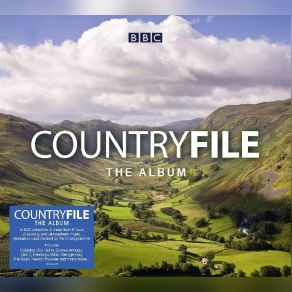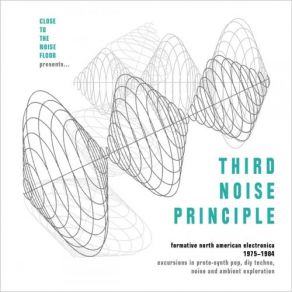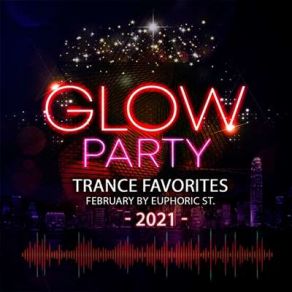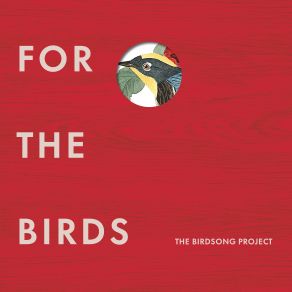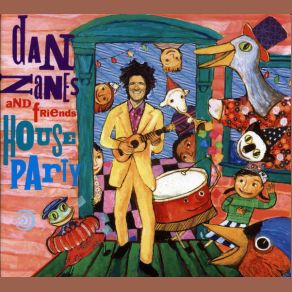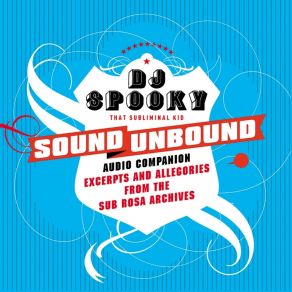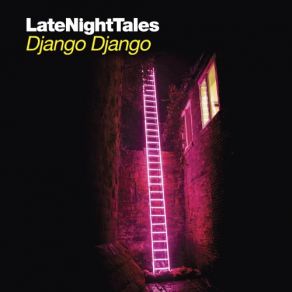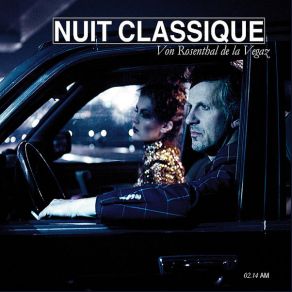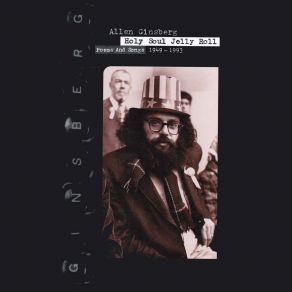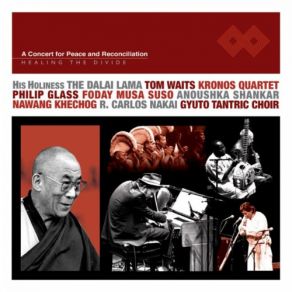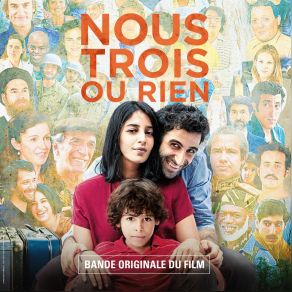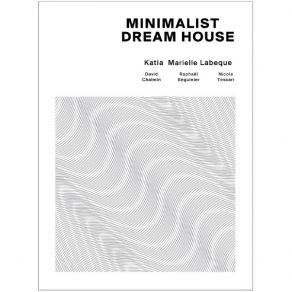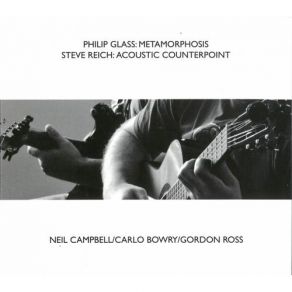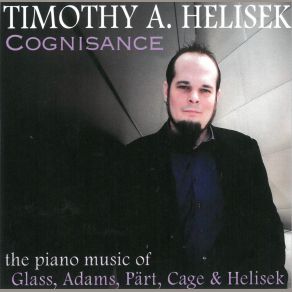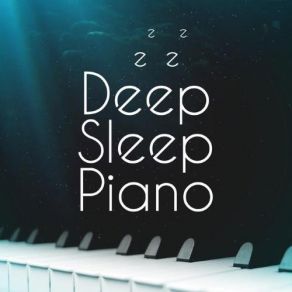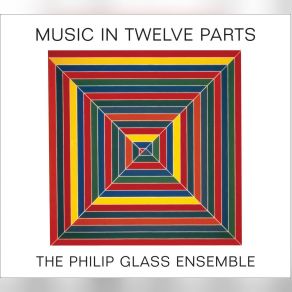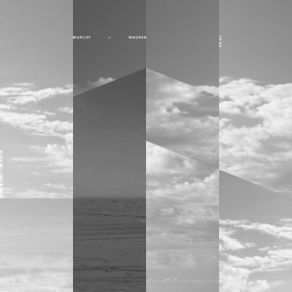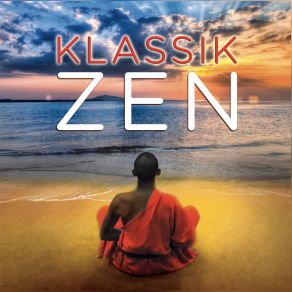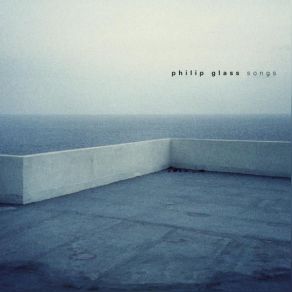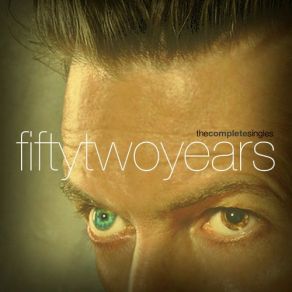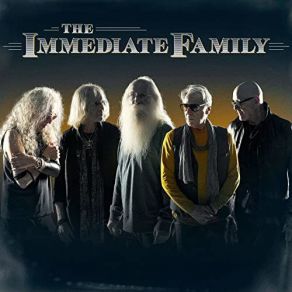Philip Glass
Wikimp3 information about the music of Philip Glass. On our website we have 70 albums and 36 collections of artist Philip Glass. You can find useful information and download songs of this artist.
Biography
[Edit]Philip Glass was unquestionably among the most innovative and influential composers of the 20th century. Postmodern music's most celebrated and high-profile proponent, his myriad orchestral works, operas, film scores, and dance pieces proved essential to the development of ambient and new age sounds, and his fusions of Western and world musics were among the earliest and most successful global experiments of their kind.
Born in Baltimore, MD, on January 31, 1937, Glass took up the flute at the age of eight; at just 15, he was accepted to the University of Chicago, ostensibly majoring in philosophy but spending most of his waking hours on the piano. He spent four years at Juilliard after graduation, followed in 1963 by a two-year period in Paris under the tutelage of the legendary Nadia Boulanger. Glass' admitted artistic breakthrough came while working with Ravi Shankar on transcribing Indian music; the experience inspired him to begin structuring music by rhythmic phrases instead of by notation, forcing him to reject the 12-tone idiom of purist classical composition as well as traditional elements including harmony, melody, and tempo.
Glass' growing fascination with non-Western musics inspired him to hitchhike across North Africa and India, finally returning to New York in 1967. There he began to develop his distinctively minimalist compositional style, his music consisting of hypnotically repetitious circular rhythms. While Glass quickly staked out territory in the blooming downtown art community, his work met with great resistance from the classical establishment, and to survive he was forced to work as a plumber and, later, as a cab driver. In the early '70s, he formed the Philip Glass Ensemble, a seven-piece group composed of woodwinds, a variety of keyboards, and amplified voices; their music found its initial home in art galleries but later moved into underground rock clubs, including the famed Max's Kansas City. After receiving initial refusals to publish his music, Glass formed his own imprint, Chatham Square Productions, in 1971; a year later, he self-released his first recording, Music with Changing Parts. Subsequent efforts like 1973's Music in Similar Motion/Music in Fifths earned significant fame overseas, and in 1974 he signed to Virgin U.K.
Glass rose to international fame with his 1976 "portrait opera" Einstein on the Beach, a collaboration with scenarist Robert Wilson. An early masterpiece close to five hours in length, it toured Europe and was performed at the Metropolitan Opera House; while it marked Glass' return to classical Western harmonic elements, its dramatic rhythmic and melodic shifts remained the work's most startling feature. At much the same time, he was attracting significant attention from mainstream audiences as a result of the album North Star, a collection of shorter pieces that he performed in rock venues and even at Carnegie Hall. In the years to follow, Glass focused primarily on theatrical projects, and in 1980 he presented Satyagraha, an operatic portrayal of the life of Gandhi complete with a Sanskrit libretto inspired by the Bhagavad Gita. Similar in theme and scope was 1984's Akhnaten, which examined the myth of the Egyptian pharaoh. In 1983, Glass made the first of many forays into film composition with the score to the Godfrey Reggio cult hit Koyaanisqatsi; a sequel, Powaqqatsi, followed five years later.
While remaining best known for his theatrical productions, Glass also enjoyed a successful career as a recording artist. In 1981, he signed an exclusive composer's contract with the CBS Masterworks label, the first such contract offered to an artist since Aaron Copland; a year later, he issued Glassworks, a highly successful instrumental collection of orchestral and ensemble performances. In 1983, he released The Photographer, including a track with lyrics by David Byrne; that same year, Glass teamed with former Doors keyboardist Ray Manzarek for Carmina Burana. Released in 1986, Songs from Liquid Days featured lyrics from luminaries including Paul Simon, Laurie Anderson, and Suzanne Vega, and became Glass' best-selling effort to date.
By this time he was far and away the avant-garde's best-known composer, thanks also to his music for the 1984 Olympic Games and works like The Juniper Tree, an opera based on a fairy tale by the Brothers Grimm. In 1992, Glass was even commissioned to write The Voyage for the Met in honor of the 500th anniversary of Christopher Columbus' arrival in the Americas — clear confirmation of his acceptance by the classical establishment. In 1997, he scored the Martin Scorsese masterpiece Kundun; Dracula, a collaboration with the Kronos Quartet, followed two years later. Another film scoring project arrived in 2005, when Glass was enlisted to compose music for the documentary film Neverwas. Philip Glass: Neverwas was released three years later.
Title: Candyman 2: Farewell To The Flesh (Original Soundtrack)
Artist: Philip Glass
Genre: Theatre/Soundtrack
Title: Film Scores: Jenipapo Archive Volume III (Original Soundtrack)
Artist: Philip Glass
Genre: Theatre/Soundtrack, Classical
Title: Philip Glass: String Quartets Nos. 6 And 7
Artist: Brooklyn Rider, Philip Glass
Genre: Classical
Title: Dracula
Artist: Kronos Quartet, Michael Riesman, Philip Glass
Genre: Electronica, Theatre/Soundtrack, Classical
Title: Glass: Music in 12 Parts - Part 9
Artist: Philip Glass, The Philip Glass Ensemble
Genre: Avant Garde Jazz, Avant Garde Metal
Title: LIFE: A Journey Through Time
Artist: Philip Glass, Michael Riesman, Residentie Orkest, Carolyn Kuan
Genre: Theatre/Soundtrack, Classical
Title: The Fantastic Four (Original Motion Picture Soundtrack)
Artist: Marco Beltrami, Philip Glass
Genre: Rock, Theatre/Soundtrack, Classical
Title: Concerto For Sitar & Orchestra
Artist: Philip Glass, André Previn / Andre Previn, Yehudi Menuhin, Alla Rakha, Ali Akbar Khan, George Harrison, Ravi Shankar
Genre: Classical
Title: The Hours (Music from the Motion Picture Soundtrack)
Artist: Philip Glass
Genre: Theatre/Soundtrack
Title: Kundun (Original Motion Picture Soundtrack)
Artist: Philip Glass
Genre: Jazz, Avant Garde Jazz, Avant Garde Metal, Theatre/Soundtrack
Title: The Illusionist (Original Soundtrack)
Artist: Philip Glass
Genre: Rock, Club/Dance, Theatre/Soundtrack
Title: Glass: Music in 12 Parts - Part 11
Artist: Philip Glass, The Philip Glass Ensemble
Genre: Avant Garde Jazz, Avant Garde Metal
Title: Secret Window (Original Soundtrack)
Artist: Philip Glass, Geoff Zanelli
Genre: Theatre/Soundtrack
Title: From The Philip Glass Recording Archive Volume II - Orchestral Music
Artist: Philip Glass
Genre: Classical
Title: Philip Glass: Koyaanisqatsi
Artist: Philip Glass, The Philip Glass Ensemble, Michael Riesman
Genre: Theatre/Soundtrack
Title: The Philip Glass Ensemble - A Retrospective
Artist: Philip Glass, The Philip Glass Ensemble
Genre:
Title: Concert For Peace (CD1)
Artist: Philip Glass, André Previn / Andre Previn, Yehudi Menuhin, Alla Rakha, Ali Akbar Khan, George Harrison, Ravi Shankar
Genre: Classical
Title: Cassandra's Dream (Original Motion Picture Score)
Artist: Philip Glass
Genre: Orchestral, Theatre/Soundtrack, Orchestral
Title: Glass: Music in 12 Parts - Part 5
Artist: Philip Glass, The Philip Glass Ensemble
Genre: Avant Garde Jazz, Avant Garde Metal
Title: The Suso/Glass Quartet
Artist: Philip Glass, Foday Musa Suso, Asher Delerme, Leo Heiblum
Genre: World Music
Title: Philip Glass: Koyaanisqatsi (Complete Original Soundtrack)
Artist: Philip Glass
Genre: Theatre/Soundtrack
Title: Glass: Music in 12 Parts - Part 10
Artist: Philip Glass, The Philip Glass Ensemble
Genre: Avant Garde Jazz, Avant Garde Metal
Title: Philip Glass And Robert Moran: The Juniper Tree
Artist: Philip Glass, Robert Moran
Title: Toward The Rising Sun
Artist: Philip Glass, André Previn / Andre Previn, Yehudi Menuhin, Alla Rakha, Ali Akbar Khan, George Harrison, Ravi Shankar
Genre: Classical
Title: The Music of Undertow (Soundtrack from the Motion Picture)
Artist: Philip Glass
Genre: Theatre/Soundtrack
Title: The Orange Mountain Music Philip Glass Sampler
Artist: Philip Glass
Genre: Theatre/Soundtrack
Collections
Title: Healing the Divide
Genre: Rock
Title: The West End Story Vol. 3
Genre: Dancefloor, Dance Pop
Title: Sony Classical - Great Performances, 1903-1998
Genre:
Title: From the Kitchen Archives - New Music, New York 1979
Genre:
Title: Music for You Sampler: What Does Your World Sound Like?
Genre:
Title: Freedom Chants from the Roof of the World
Genre: World Music
Title: New Age Music And New Sounds Vol 07 - Liberty Sampler
Genre: New Age
Title: Pitchfork Top 100 Best Tracks Of 2012 (CD3)
Genre: Electronica, Hip Hop/R&B, Rock, Pop
Title: 100 Film Classics (CD2)
Genre: Electronica, Soul, Jazz, World Music, Latin, Pop, Theatre/Soundtrack, Funk, Classical
Title: Cadenzas And Variations
Genre: Classical
Title: Piano Movie Lounge
Genre: Classical
Title: 26 Mixes For Cash (CD1)
Genre: IDM
Title: KuschelKlassik 14 (CD 1 / 2)
Genre: Classical
Title: Recopilatorio De Hallowen
Genre: Theatre/Soundtrack
Title: Calm Classical Piano
Genre: Classical
Title: Yellow Lounge - Violin Moods
Genre: Downtempo, Chill Out, Instrumental, Instrumental
Title: Complete Classical Chillout
Genre: Chill Out, Instrumental, Classical, Instrumental
Title: Calming Classics For Study (CD1)
Genre: Pop, Instrumental
Title: Calming Classics For Study (CD2)
Genre: Pop, Instrumental
Title: Countryfile: The Album (Music From The TV Series) (CD1)
Genre: Ambient, Downtempo, World Music, Country, Noise Pop, Alternative, Funk, Indie, Folk
Title: Mysterium Desert 2020 Vol. 2 (CD1)
Genre: Easy Listening
Title: Moonlight: Neoclassical Collection (CD1)
Genre: Instrumental, Classical, Instrumental
Title: For The Birds: The Birdsong Project, Vol. I - V (CD5)
Genre: Pop
Title: Allen Ginsberg's The Fall Of America II
Genre: Electronica, Jazz, World Music, Folk
Featuring albums
Title: The Hours (Music from the Motion Picture)
Artist: Nick Ingman, The Lyric Quartet, Michael Riesman
Genre: Theatre/Soundtrack
Title: Sound Unbound - Excerpts and Allegories from the Sub Rosa Audio Archives
Artist: Dj Spooky
Genre: Ambient, Electronica, Rock, Alternative
Title: Late Night Tales - Django Django
Artist: Django Django
Genre: Electronica, Hip Hop/R&B, Rap, Soul, Rock, Dancefloor, Pop
Title: Nous trois ou rien (Bande originale du film)
Artist: Various Artists
Genre: Theatre/Soundtrack
Title: Les Rita Mitsouko En Concert Avec L'Orchestre Lamoureux
Artist: Les Rita Mitsouko
Genre: Pop Rock, Synth Pop, Art/Entehno
Title: Minimalist Dream House (CD1)
Artist: Katia Et Marielle Labèque / Katia Et Marielle Labeque
Genre: Classical
Title: Minimalist Dream House (CD2)
Artist: Katia Et Marielle Labèque / Katia Et Marielle Labeque
Genre: Classical
Title: Defected Presents Glitterbox Ibiza 2016
Artist: Various Artists
Genre: House, Dancefloor, Dance Pop
Title: Fifty-Two Years - The Complete Singles (CD10)
Artist: David Bowie
Genre: Rock, Hard Rock, Heavy Metal
Title: The Gyuto Monks - Freedom Chants From The Roof Of The World
Artist: Kitaro
Genre: Ambient, New Age, Electronica, Meditative
Title: Kryteria Radio 304 (08-18)
Artist: Kryder, Agent Greg
Genre: Electronica, House, Progressive House, Tech House
